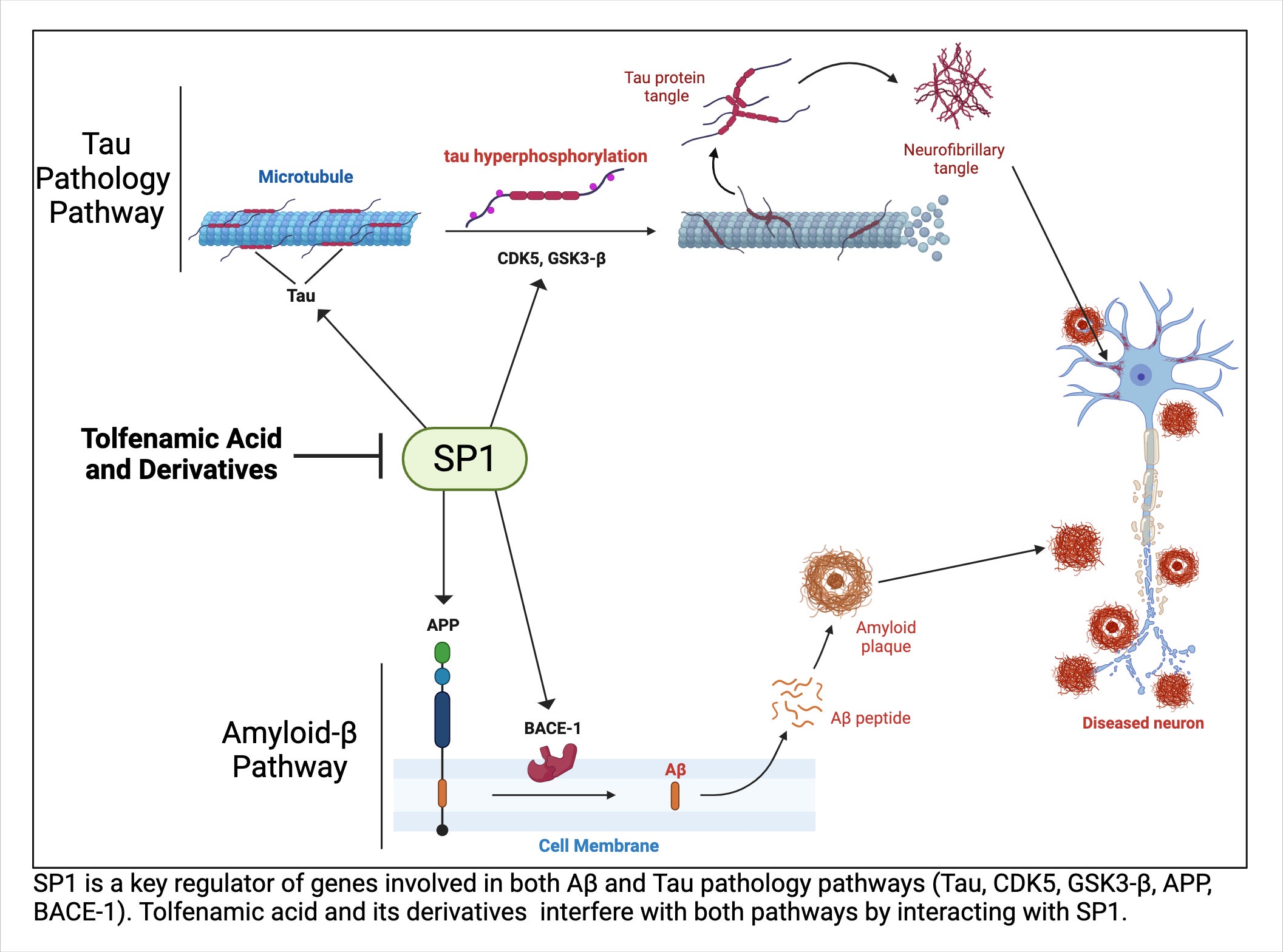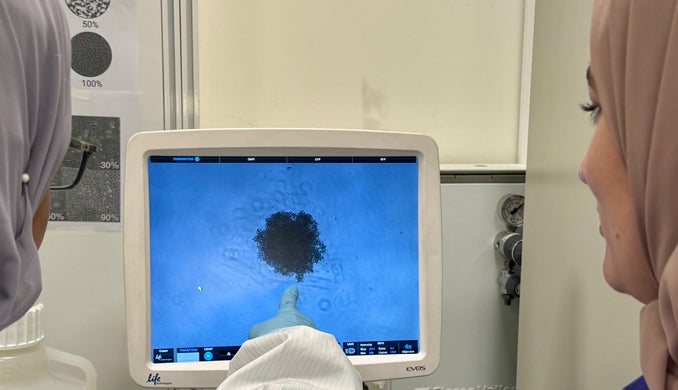
In a significant stride towards addressing the complex challenges posed by Alzheimer's disease (AD), researchers at Hamad Bin Khalifa University’s (HBKU) Qatar Biomedical Research Institute (QBRI), in collaboration with the University of Rhode Island (URI), have unveiled potential therapeutic compounds for AD.
The study, led by Dr. Nasser H. Zawia, Research Director, QBRI, introduces a promising avenue for treating AD and related disorders. Dr. Karim E. Shalaby, a postdoctoral researcher at QBRI, and Dr. Jaunetta Hill, a research associate at URI, also played pivotal roles in the study.
AD is a complex neurodegenerative disease characterized by the accumulation of amyloid-beta (Aβ) plaques and neurofibrillary tangles (NFTs) in the brain, leading to cognitive impairment and dementia. Recognizing AD for its multifactorial nature, involving various genetic, molecular, and cellular factors, the research team targeted a key transcription factor, named SP1. SP1 is known for its role in orchestrating various pathways involved in the generation of Aβ plaques and NFTs.

This targeted yet comprehensive approach represents a departure from recent antibody-based treatments, presenting a potential paradigm shift in AD therapeutics. It also holds promise for other diseases, as it reveals that small molecules can be utilized and manipulated at the genome level in order to provide outcomes that are typically achieved through costly DNA or RNA-based technologies.
The success of this research is attributed to cutting-edge technologies employed by HBKU. Genomics and proteomics platforms, along with bioinformatic capabilities, enabled an integrated-omics approach covering DNA, RNA, and protein analyses. This method exemplifies QBRI’s usage of state-of-the-art techniques in AD research.
The publication describes the drug development process, comprising in silico drug design, screening, and testing out by the researchers to select the most promising compound. This research is a step towards animal testing for these new drug candidates, which could then lead to clinical application. The candidate drugs being tested are currently under patent-pending status.
It is also worth noting that these candidates are derivatives of an existing drug that is currently under active consideration for a clinical trial in the United States, highlighting the practical applications of this study's findings. This approach shows QBRI’s commitment to translating research into meaningful outcomes, potentially transforming the landscape of Alzheimer's disease treatment.
This research aligns with QBRI's commitment to advancing biomedical research, addressing major health challenges, and fostering collaboration among scientists and stakeholders. QBRI aims to translate research findings into effective therapies and preventive strategies, contributing to the improvement of human health.
For a detailed understanding of the study, the full publication can be accessed here.
This study, marked by scientific rigor and collaboration, underscores the dedication of the research team and opens avenues for further exploration in the quest for effective treatments for Alzheimer's disease.










